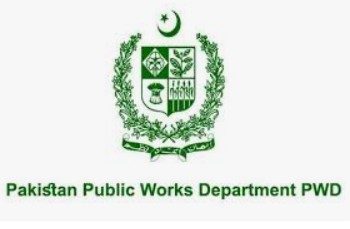ISLAMABAD: The government has distributed $316 million under the Benazir Income Support Program among the 2.8 million families flood affected families across the country.
This was stated by Minister for Poverty Alleviation and Social Safety Shazia Marri while briefing the Executive Board of World Food Program in Italy, about the recent floods in Pakistan and their aftermath.
She said Pakistan faces the challenge of food insecurity by 2030 as more than 33 million people have been affected by floods in 82 districts of the country.
She said that Pakistan is facing a major challenge to meet the food security and nutrition targets of Sustainable Development Goal 2 by 2030.
She informed the participants that Government of Pakistan estimated more than 33 million people across the country affected by recent floods in 82 districts across Pakistan. Around 650,000 pregnant women, in flood affected areas of Pakistan, are facing challenges in getting access to maternal services.
Nearly 4 million children lack access to health services, she added.
While appreciating the role of World Food Programme, Federal Minister said that WFP and BISP has designed and initiated a pilot in 15 districts “Conditional Cash Transfer Programme “Nashnonuma” on improving the Health and Nutrition situation in Pakistan”.
The programme provides Pregnant and Lactating Women (PLWs) already enrolled in the BISP Kafalat program with a comprehensive package of four interventions: awareness sessions on maternal, infant, and young child nutrition and hygiene practices; provision of Specialized Nutritious Foods to PLW and children under the age of two; antenatal and postnatal care services, routine child growth monitoring and immunization; and conditional cash stipends in addition to the Benazir Kafalat’s cash transfers, she added.
She further said that with the commitment to institutionalize the efforts of government in sustaining and retaining the Benazir Nashonuma implementation model. WFP has initiated some crucial strategic shifts to foster this commitment with efficiency and cost effectiveness, allowing nutrition services to reach more beneficiaries, at the right time through sustainable approaches.-NNI

















